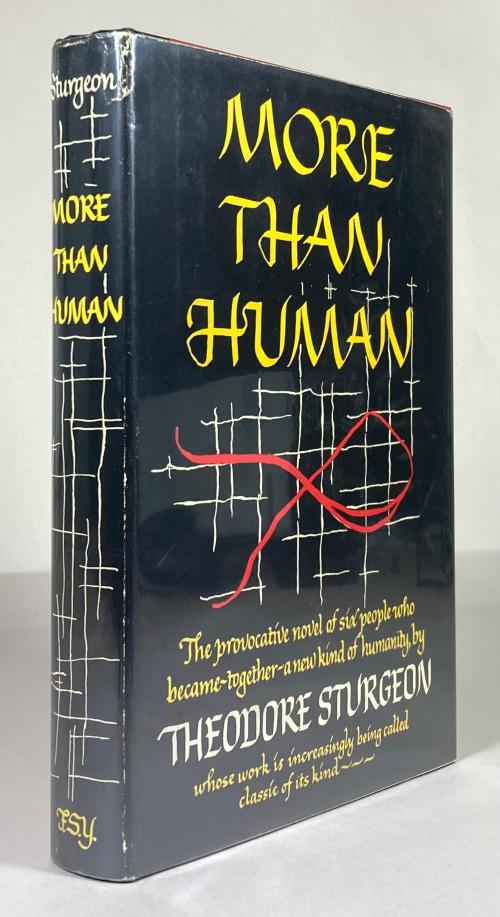

He lived inside somewhere, apart, and the little link between word and significance hung broken. The idiot heard the sounds but they had no meaning for him. Sometimes, nervously, they would speak to him they would speak about him to each other. He would eat and his benefactor would hurry away, disturbed, not understanding. “When someone met his eyes there would be a coin in his hand, a piece of bread, a fruit. The incident upon his meeting with her leads to him being taken in by a farming couple, here he manages to name himself (“Lone,” for that’s what he is). Until the opening of the novel, he’d drifted through life in this way an encounter with a young girl, who has been repressed throughout her life by her father, proves to be pivotal. The novel opens with a feeble-minded young man, who has no name and is barely able to communicate with those around him (though he is able to influence others to do things for him, this mechanism has allowed him to survive into adulthood). There is commentary on growing up, injustice and grief. For all the philosophising More Than Human does touch on ordinary human lives, too. It is perhaps better to suggest that the hivemind doesn’t have quite the same set of morals that human beings choose to constrain themselves with. The perception of the world by a Gestalt is not necessarily ours though, one could just as easily argue that the only perception of the world you can truly understand is your own.


Sturgeon explores the philosophical ramifications of such a being. More Than Human tells the story of a post-human Gestalt, or group-mind. The second reason that this stands up well is purely that the writing is excellent. Not to suggest that prediction is the science fiction writers job I am inclined to think, however, that in spite of FTL drives constructed on the principle of handwavium and powered with the magic of unobtanium that necessarily still exist in SF, authors do generally make a bit more of an effort not to write things that are simply ridiculous.

It could really be set at any time and in any place. Firstly, though it’s clearly SF, it’s not futuristic SF with all the attendant problems of predicting the future. Originally published in 1953, this novel has aged well. Oh and, of course, the recurring character of Kilgore Trout in many of Kurt Vonnegut’s novels is based on Sturgeon. Sturgeon is probably more famed for his pronouncements on SF (Sturgeons law, which states that “90% of science fiction is crap, but that’s because 90% of everything is crap”) and The Simpsons, Treehouse of Horror VII (if you’re interested, The Genesis Tub section is based on Sturgeon’s The Microcosmic God). It’s good to see Theodore Sturgeon’s More Than Human kept in print through the SF Masterworks series.


 0 kommentar(er)
0 kommentar(er)
